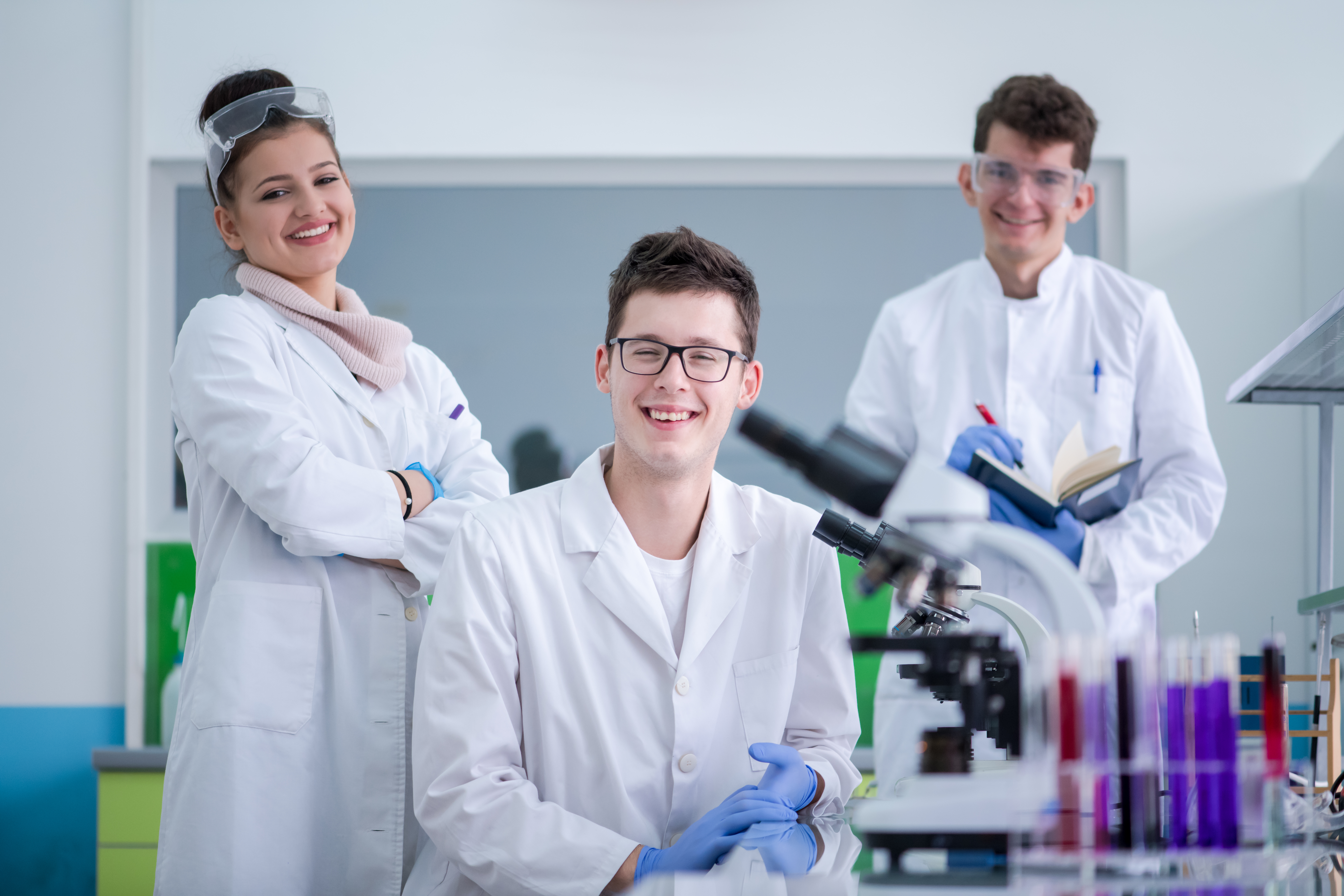
One of my favorite parts of touring college laboratories is that each work group is focused on a unique project. (Mostly) every college lab I visit is completing research in a different area. While some of the larger themes like pesticides or proteomics commonly appear, the specifics are always varied. For example, analyzing PFAS in drinking water is a much different type of work than looking at PFAS content within fish from the Great Lakes.
In addition to general research labs, clinical and diagnostics labs are also critical. Clinical labs have a focus on patient health (ex. Hospitals) while diagnostic labs work to learn as much as they can about disease.
During my recent visit to University of Florida in Gainesville, I visited a core laboratory and gained a new type of appreciation for this type of laboratory. Ahead of my tour of the Analytical Toxicology Core Lab, I was under the impression that a core lab was simply a laboratory space where more general instrumentation was held so that different departments in the school had access. While this isn't incorrect per se, it severly understates that value that this core lab provides to UF's academic system.
Generally speaking, core laboratories do not complete their own research projects and primarily exist to support the resarch conducted by other departments, with only a small portion of work coming from outside the university. The Lab Manager noted that they've used their Organomation dry down evaporator to prepare a wide variety of samples such as fatty acids, pesticides, and cannabinoids. She described their blowdown evaporator as a workhorse and stated that "any organic lab would benefit from this evaporator."
Not only do the types of samples received by the core lab vary, but so do their sizes. The N-EVAP is a great fit for this lab because the sample holder can adapt to a wide range of sample vials with 50 mL scintillation vials and 13 x 100 mm culture tubes being dried down more frequently. While the type and size of samples vary, the common thread is that the N-EVAP is commonly used to prepare samples for LC-MS or GC-MS (Liquid chromatography-mass spectrometry and gas chromatography-mass spectrometry).
The Lab Manager told me that the sole purpose of this lab is to process samples for other researchers. The lab operates as a non-profit business which sustains itself by getting paid for this work and not through their own research grants. The reality is that this translates into lower funding and tighter budgets. This is another area where the N-EVAP proves to be a great fit for this organic lab as the evaporator has concentrated samples for twenty years, with minimal maintenance.
Outside of support research, core labs also play a vital role in education and collaboration at universities. Organomation is proud to supply these labs with adaptable and long-lasting nitrogen equipment.
For questions about our sample concentration equipment, please reach out to sales@organomation.com or contact us through our live chat, available during normal business hours.
Get a closer look at the nitrogen evaporator utilized by the University of Florida by watching the demo video!
Photo: <a href="https://www.vecteezy.com/free-photos">Free Stock photos by Vecteezy</a>
